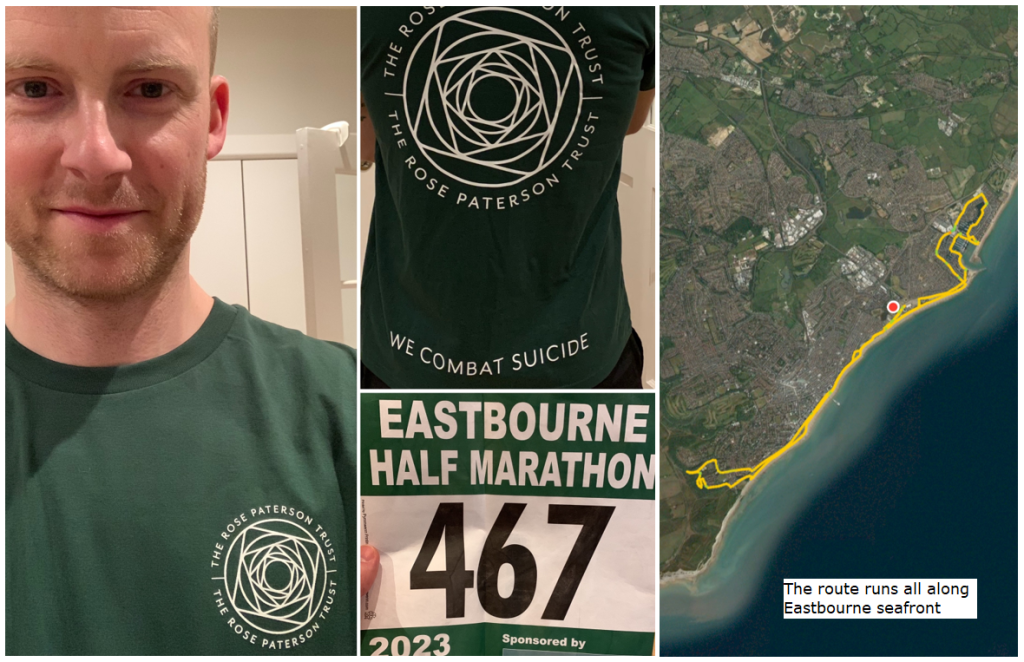 Below is an article I co-authored on the relationship between a country’s prosperity and their Olympic medal success (perhaps unsurprisingly, there is a strong correlation between the two). We also used the relationship to predict the number of medals that would be won by certain countries at this year’s Games. I particularly like the second table in the article because it shows which countries are the most successful when population size is taken into account – which is an angle not often considered when we think of Olympic performance.
Below is an article I co-authored on the relationship between a country’s prosperity and their Olympic medal success (perhaps unsurprisingly, there is a strong correlation between the two). We also used the relationship to predict the number of medals that would be won by certain countries at this year’s Games. I particularly like the second table in the article because it shows which countries are the most successful when population size is taken into account – which is an angle not often considered when we think of Olympic performance.
National Prosperity and Olympic Success
Can a nation’s prosperity predict its Olympic success?
The greatest city on earth is currently hosting the greatest show on earth. The expectant gaze of the watching world has settled on London. The stadia are built. The athletes are trained. The tickets are purchased.
And while most of the pre-match analysis focussed on how terrible the trafficand weather would be, we are now not thinking about any of that (ok maybe the weather). Now the first starting pistol has been fired, the first ball has been kicked, the first pole has been vaulted, most of us are not giving a second thought to the special bus lanes on the M4.
The big question is who will win the most medals? And which nations will do better – and worse – than expected? How will Team GB perform? Economists have investigated whether a country’s economic status can explain its achievements in the Olympics. In a recent report, Goldman Sachs finds that income levels are “positively and strongly associated with medal attainment” but the report also notes that “there is more to medal attainment than simply high income levels”. Therefore, if we want to use a nation’s prosperity to predict their Olympic success, we need a predictor of success based on more than just wealth.
The Legatum Prosperity Index™ measures a country’s total prosperity (this includes income and citizen wellbeing) and as such provides a more complete assessment of national success. Using the Prosperity Index to predict medal wins we predict that Team GB can expect to win 73 medals, an increase of 26 from the last Games in Beijing (this estimate also includes a ‘home nation premium’ as history demonstrates that the host nation usually wins more medals than expected).
2012 Medal Predictions based on the
Legatum Prosperity Index™
| Team |
London 2012 Medal Prediction |
Beijing 2008 Total |
Change 2008-12 |
| United States |
91
|
110
|
-19
|
| China |
83
|
100
|
-17
|
| Russia |
73
|
73
|
0
|
| United Kingdom |
73
|
47
|
26
|
| Australia |
45
|
46
|
-1
|
| Germany |
43
|
41
|
2
|
| France |
41
|
41
|
0
|
| South Korea |
33
|
31
|
2
|
| Italy |
26
|
27
|
-1
|
| Japan |
23
|
25
|
-2
|
When we consider historical Olympic performance, the relationship between the Prosperity Index scores and total Olympic medals won per head is clear: the more prosperous countries win more Olympic medals. There is no straightforward explanation for this but the results reveal interesting stories that arise not only from pure economic differences but also from particular cultural, institutional, and political conditions. Bangladesh, for example, a country of 100 million people has never won an Olympic medal. This reveals much about Bangladesh’s economic and political conditions as well as its under-developed infrastructure, low levels of health, and poor education system.
Nordic countries excel both in terms of prosperity and Olympic medals per head (see table below). By exploring this relationship in more detail we find that a country’s economic performance is actually one of the weakest predictors of Olympic success. A more accurate predictor is the safety and security in a country, the level of entrepreneurship in the society and the quality of education.
Total Olympic Medals Won (1896 – 2008) per Million People
Compared to 2011 Prosperity Ranking
| Country |
Medals per million people |
2011 Prosperity Rank |
| Norway |
91.22
|
1
|
| Finland |
84.26
|
7
|
| Sweden |
64.26
|
5
|
| Hungary |
46.50
|
36
|
| Switzerland |
39.49
|
8
|
| Austria |
34.17
|
14
|
| Denmark |
31.09
|
2
|
| Estonia |
29.23
|
33
|
| Bulgaria |
29.07
|
48
|
| Jamaica |
20.37
|
55
|
| Australia |
20.05
|
3
|
| New Zealand |
19.77
|
4
|
| Germany |
19.73
|
15
|
| Netherlands |
19.53
|
9
|
| Romania |
13.95
|
58
|
These latter factors are the results of developed institutions, infrastructure, and societal organisations that represent the legacy of long-term policies and objectives. As a consequence the current economic downturn that has affected most developed economies, such as Southern Europe countries, is unlikely to have much of a negative effect on the performance of these countries in the Olympics.
Although the relationship between prosperity and Olympic medals holds globally, some interesting stories are found in the outliers. It is surprising to see that India (population 1.2bn) has won only 20 Olympic medals in the last 100 years while Kenya (population 41m) has won 75 medals in the last 50 years, even though Kenya ranked lower in terms of prosperity in 2011; India 91st and Kenya 102nd.
This means that Kenya has won more medals per head than both Argentina and Brazil. Kenya has risen up the Prosperity Index since 2009 and, if this is reflected into its Olympic performance, Kenya is likely to break its record of 14 medals. On the other hand, India’s prosperity has deteriorated since 2009 and, therefore, we do not expect India to improve its performance in the London Games.
While the Olympics are primarily a sporting event, it is almost impossible to keep the Olympics and politics apart. From Hitler’s attempt to use the 1936 Berlin Games to propagate the Nazi ideology of racial supremacy to Tommie Smith and John Carlos’s Black Power salute in Mexico City in 1968, history shows us that the Olympic Games have often served as an arena for geopolitical debates and strategic rivalry.
And while much attention is given to the surrounding politics, the purpose of the Olympics is of course to celebrate sporting achievement. Rarely during the Olympics will our thoughts be on the politics of the Games. Instead our newspapers and our discourse will be filled with sporting events from table-tennis to taekwondo, boxing to beach volleyball, and water polo to weightlifting. We’ll speculate about whether Usain Bolt will break his own 100m record, whether Tom Daley can bring glory to Team GB from the diving board, and whether Mo Farah will win the 5000m (and if he’ll celebrate with the now famous “Mobot”).
The Olympics provides an opportunity to speculate about some underlying factors that contribute to a nation’s sporting success. Whether our predictions come true or not, the main point of the coming weeks is to enjoy the Olympics for what they are: games.
An abbreviated version of this article was published in City AM on August 1st. Due to space restrictions, that article did not contain the full medal predictions tables. The full version of the article was, therefore, reproduced on the Legatum Institute website.




